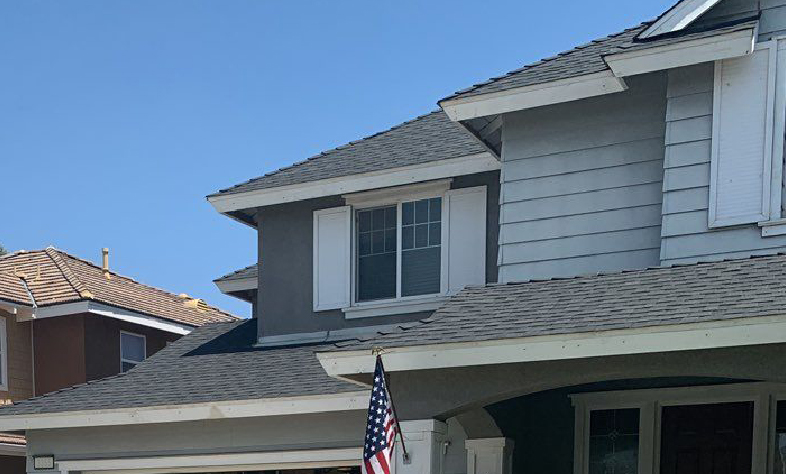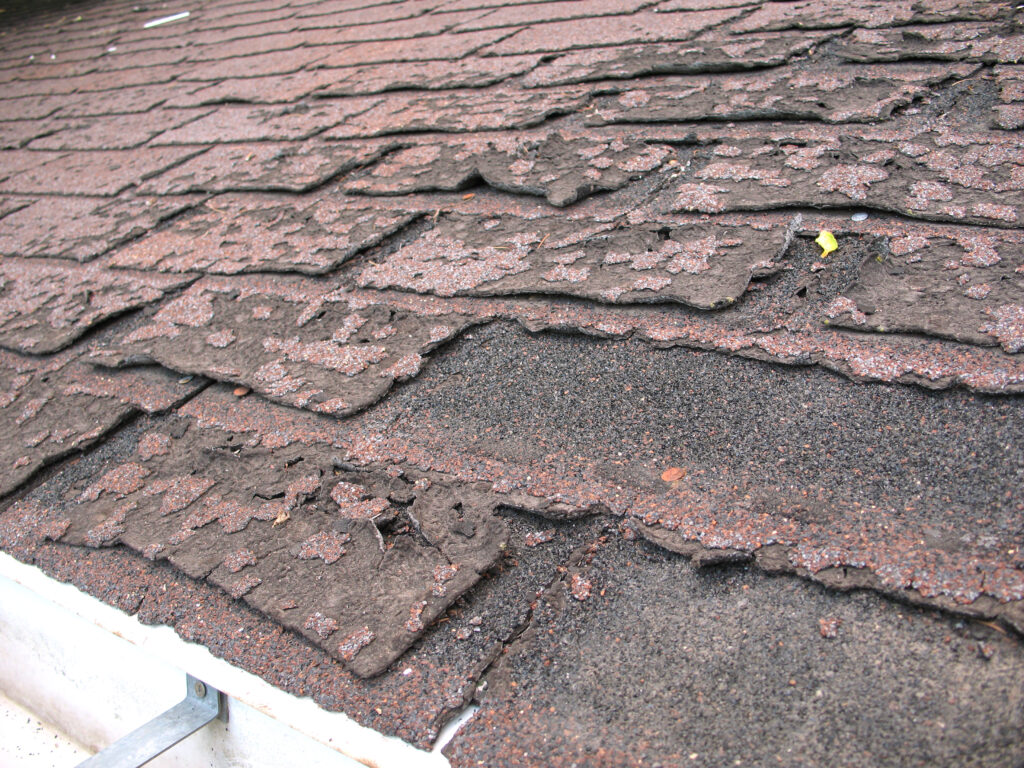
Share this:
SHOULD I REPLACE MY ROOF BEFORE INSTALLING SOLAR PANELS IN TEXAS
Are you finally ready to get solar panels in Texas? What an awesome decision! Top solar panels will help you save money on energy costs and be on the road to energy independence. However, before you start the installation process, it’s important to consider the condition of your roof.
Many homeowners in Texas eagerly start the process of solar installation, only to discover that a roofing problem stops the project in its tracks. Don’t let roofing issues surprise you or your wallet! If your roof is damaged, aging, or simply not strong enough to bear the burden of your new solar system, then you’ve got to deal with that problem before you can go solar!
The Importance of Your Roof when Installing Solar Panels
Your roof is a crucial component of your solar panel system. The majority of solar panels are installed on the roof, so it must be sturdy enough to handle the weight and stress. A standard roof is made up of multiple layers, including truss, decking, insulation, an ice and water barrier, underlayment, wood frame and shingles or tiles. If any component of these layers is damaged, it can weaken the entire structure of your roof and make it a bad idea to install solar panels.

HOW TO IDENTIFY ROOF DAMAGE
Damaged roofs can compromise the effectiveness of your solar system and leave your home at risk for water damage. Keep an eye out for common issues such as:
- Broken or loose tiles: Easily visible damage, such as loose or broken tiles, can be identified by conducting a visual inspection of your roof using a ladder. Look for missing or damaged tiles or shingles.
- Worn down materials: As roofs age, they naturally wear down and the components can become damaged. Signs of this wear and tear include exposed shingles, loss of granules, and rust. As the roof deteriorates, it becomes more vulnerable to further damage and other issues may arise.
- Water damage: When any part of the roof becomes damaged, it can lead to water infiltration and damage. Examples include broken tiles, worn out sealants, torn underlayments, and more. These issues can cause water damage during the next rainstorm.
- Punctures and cracks: Cracks or punctures in the tiles of your roof or underlayment can be caused by various factors such as falling objects, poor roof installation, or even foot traffic on the wrong part of the roof. These damages can allow water to penetrate the roof and cause damage.
- Standing water: A properly functioning roof should effectively channel water away from its surface through its angle, flashing, and gutters. If you notice standing water on your roof, it could indicate an issue with the system’s ability to effectively move water off the roof.
- Structural damage: In some rare cases, the structural supports of a roof may move or shift, creating a serious risk for collapse and endangering the safety of your family. It is imperative that any structural damage to a roof is addressed immediately to prevent collapse.
Damage to a roof may not always be immediately visible, but it will eventually manifest in the form of water damage to the interior or exterior of your home. Look out for water stains on ceilings, walls, or mold. These may also result in leaks during heavy rainstorm. Water damage can also lead to mold!
If you notice these symptoms, it’s likely that your roof needs repairs or replacement before installing solar panels.
THE AGE OF YOUR ROOF MATTERS
Just because you don’t see water damage on your ceilings or experience leaks during rain, it doesn’t mean your roof is ready for solar panel installation. The age of your roof is also an important factor to consider. Especially when installing solar panels in Texas.
Like all things, roofs have a lifespan that can vary depending on factors such as:
- The type of material your roof is built with
- The quality of installation
- The climate
- How well the roof has been cared for
If your roof is approaching the end of its lifespan, it may not be able to support the additional weight of solar panels.
In Texas, the lifespan of a roof can vary depending on the materials used. Clay tiles, which are a common roofing material in Texas, can last up to 50 years. Other materials such as slate or copper roofs can also last a similar amount of time. Cement shingles which are also commonly used in Texas tend to last around 20 years. However, if you live in a harsh environment, or if you haven’t maintained your roof, it may not last as long. If your roof is nearing the end of its lifespan, it may not be able to support the additional weight of solar panels, so it’s important to consider a roof replacement before installing solar panels in Texas.
When considering a roof replacement, you should also keep in mind the type of warranty that comes with the roof. Semper Solaris installs Owens Corning roofs that come with a free 50 year Platinum Warranty!
As the components of your Texas roof wear out, tiles can become more susceptible to cracking and the underlayment may easily tear. An older roof may not be able to withstand drilling into tiles to install racking or the weight of solar panels. Many older roofs were not built to handle the added weight of solar panels. Before considering solar panel installation, determine the age of your roof. Look through your home’s paperwork or contact the previous owner if possible to find out if a roof replacement has been done. If your home is less than 30 years old, it is likely that the original roof is still in place.
If your roof is nearing the end of its lifespan, it will likely need to be replaced before solar panels can be safely installed.
The Importance of Addressing Roofing Issues Before Installing Solar Panels in Texas
It’s understandable that the cost of repairing or replacing a roof can be a deterrent when considering adding solar panels. However, investing in your roof prior to installing solar panels is necessary for the longevity and effectiveness of both your roof and solar system.
Your roof acts as the foundation for your solar panels, and a strong roof means a strong home. While it may delay the installation of solar panels, investing in your roof first is ultimately a wise decision.
Attempting to install solar panels on a damaged or aging roof will only lead to additional problems and expenses in the future. Not only will you have to pay for the repair or replacement of the roof, but also for the removal and reinstallation of the solar panels. It is more cost-effective and efficient to address any roofing issues before installing solar panels.
Additionally, a well-maintained roof plays a crucial role in insulating your home and can significantly improve the energy efficiency of your home. This can help to decrease the size and cost of the solar panel system needed to power your home. So, investing in a new roof before installing solar panels not only can save you money, but also will improve the overall performance of your solar system and your home.
Another benefit to consider is that a new roof can improve the curb appeal and increase the value of your home, which can bring a return on investment when you sell your home.

Why Choose a Company that Offers Both Roof Replacements and Solar Installations in Texas
Searching for separate roofing and solar installation companies can be a hassle and time-consuming. Some solar installation companies, like Semper Solaris, also provide roof replacement services. Working with one company for both roofing and solar needs can save you time, effort, and money. By having a single project coordinator, you don’t have to spend time researching and assessing multiple companies.
Combining projects can also help you save time as the work will be done simultaneously. Additionally, with a single company like Semper Solaris, you can benefit from significant cost savings by combining a roof replacement with a solar installation. They can even offer financing options to make it more affordable for you.
So, if you’re in need of solar panels in Texas for your home and need to repair or replace your roof first, contact the best roofing and solar installation companies.
Schedule a consultation for both roofing and solar needs.